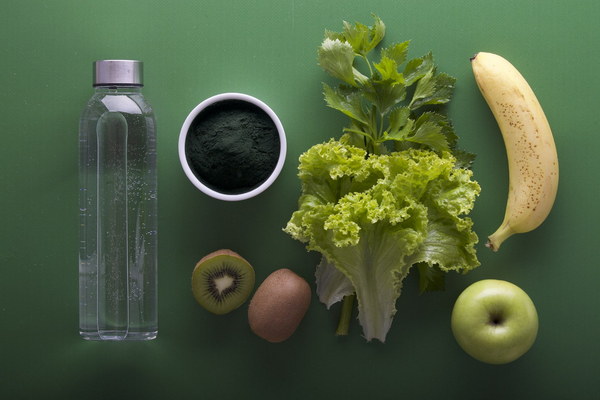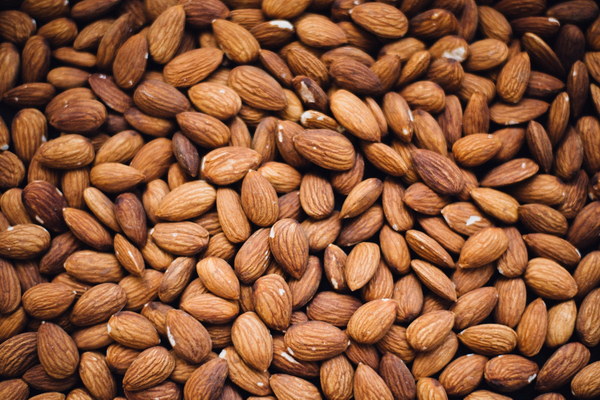Unlocking Youthful Bones The Essential Nutrients for Anti-Aging Skeletal Health
In the relentless pursuit of youthful vitality, many individuals turn their attention to the health and strength of their skeletal structure. As we age, our bones naturally lose density and strength, making them more susceptible to fractures and osteoporosis. However, by understanding the key nutrients that support bone health, we can take proactive steps to slow down the aging process and maintain robust skeletal health. Here's a comprehensive guide to the essential nutrients that can help you keep your bones youthful and resilient.
Calcium: The Building Block of Strong Bones
Calcium is the most abundant mineral in the human body and a fundamental component of bones and teeth. It plays a crucial role in bone formation and maintenance. As we age, our bodies require more calcium to compensate for the loss of bone mass. Good dietary sources of calcium include dairy products, leafy greens, nuts, and fortified foods. For optimal absorption, it's also important to consume vitamin D alongside calcium.
Vitamin D: The Sunshine Vitamin for Bone Health
Vitamin D is essential for calcium absorption and plays a pivotal role in bone health. It is often referred to as the sunshine vitamin because our skin produces vitamin D when exposed to sunlight. However, many people are deficient in this crucial nutrient, especially those living in northern latitudes or those who spend a significant amount of time indoors. Foods rich in vitamin D include fatty fish, fish liver oils, egg yolks, and fortified foods. Supplements can be beneficial for those who are unable to get sufficient vitamin D from their diet or sunlight exposure.
Magnesium: The Bone's Best Friend

Magnesium is another vital nutrient for bone health. It helps regulate calcium absorption and excretion, and it also plays a role in the synthesis of bone matrix proteins. Magnesium deficiency can lead to decreased bone density and an increased risk of fractures. Good dietary sources of magnesium include almonds, cashews, spinach, black beans, and whole grains. Magnesium supplements may be recommended for those who have a magnesium deficiency or difficulty absorbing the mineral.
Vitamin K: The Coenzyme for Bone Formation
Vitamin K is essential for the activation of osteocalcin, a protein that helps bind calcium to the bone matrix. This process is critical for bone formation and maintenance. Leafy greens, such as kale, spinach, and broccoli, are rich in vitamin K. While vitamin K deficiency is rare, ensuring adequate intake through diet or supplementation can support bone health.
Protein: The Foundation for Strong Bones
Protein is the building block of bones, and adequate protein intake is essential for maintaining bone density. The amino acids in protein contribute to the synthesis of collagen, a major component of the bone matrix. Good sources of protein include lean meats, poultry, fish, dairy products, eggs, legumes, and nuts. For those with limited dietary protein, protein supplements may be a viable option.
Phosphorus: The Bone's Partner in Calcium Absorption
Phosphorus works in tandem with calcium to maintain bone health. It is a component of the bone matrix and is crucial for bone mineralization. Foods rich in phosphorus include dairy products, meat, fish, eggs, nuts, and legumes. While phosphorus deficiency is rare, ensuring adequate intake is important for bone health.
Conclusion
To maintain youthful bones and prevent age-related skeletal issues, it's important to incorporate a variety of nutrients into your diet. By focusing on calcium, vitamin D, magnesium, vitamin K, protein, and phosphorus, you can support your bone health and reduce the risk of osteoporosis and fractures. Remember, a balanced diet, regular exercise, and adequate sunlight exposure are all key components of a bone-healthy lifestyle. Consult with a healthcare professional before starting any new supplement regimen to ensure it aligns with your individual health needs.









